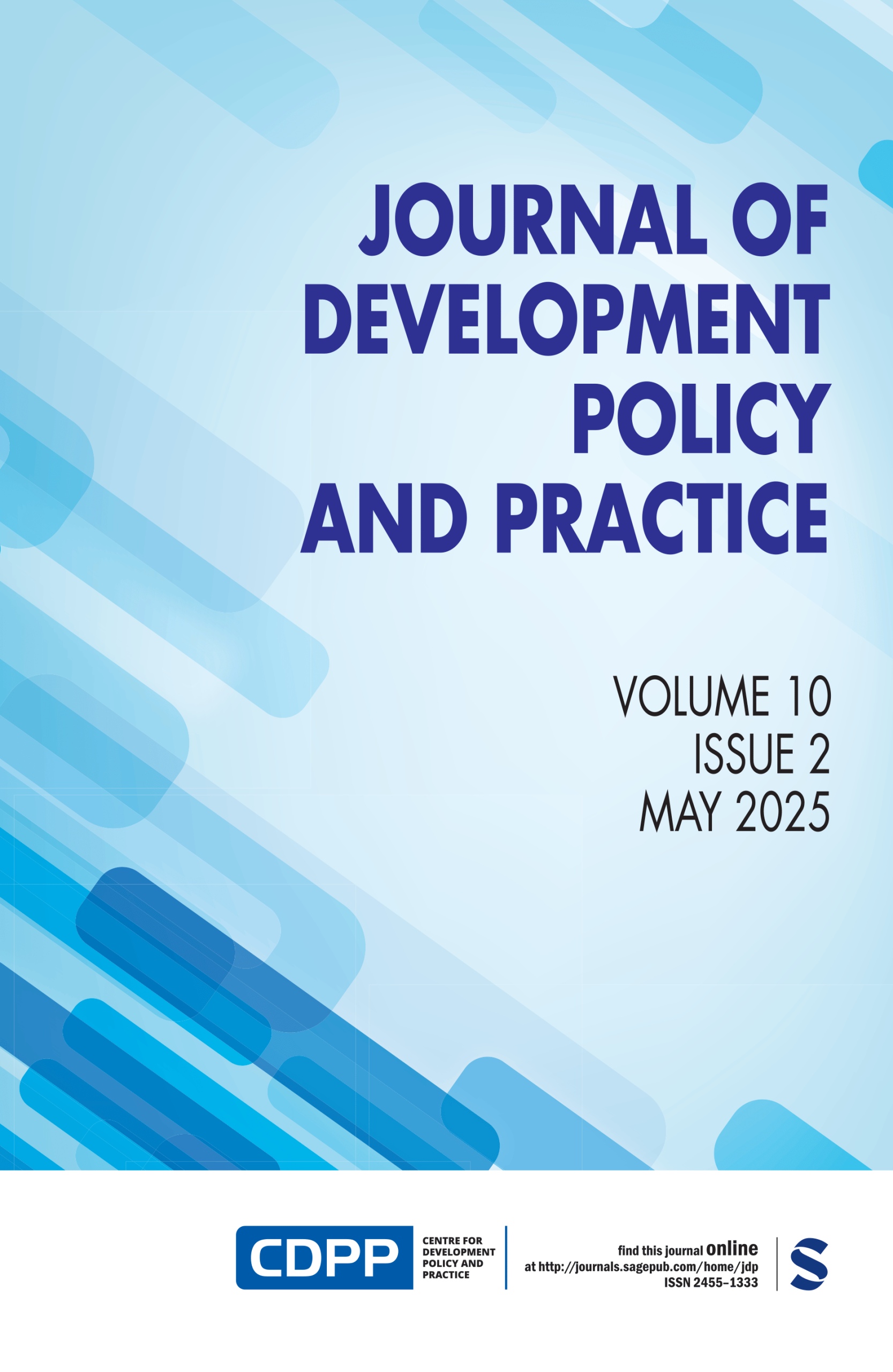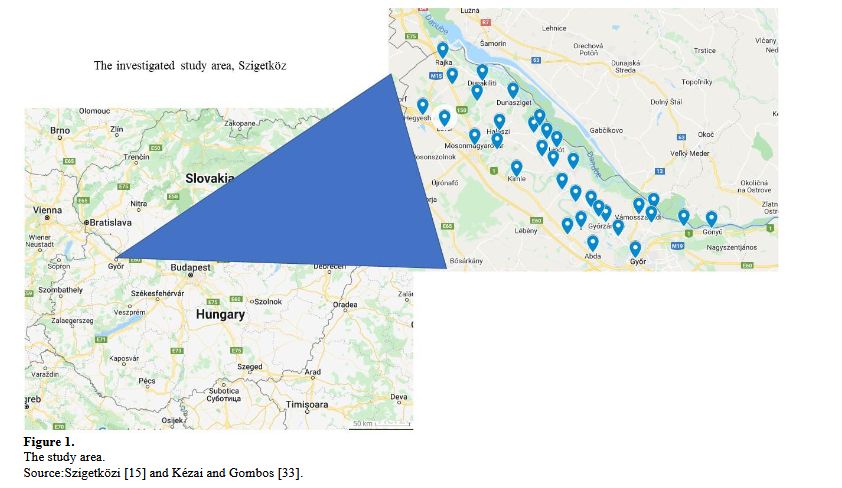The presentation will take place in a hybrid format via zoom interface and in person in room K.11-12; 28 March 2024 from 13:00.
 Speaker: Csurilla Gergely
Speaker: Csurilla Gergely
Title: Examining the Olympic outlier performance associated with Olympic hosting using different methods
Abstract: At the Olympics, the host country tends to win significantly more medals than in the past. In the literature, this is known as the host effect, for which much empirical evidence has been found previously. However, the majority of studies have only looked at the aggregate medal surplus of host countries, while the performance of host countries is rather heterogeneous. In addition, far fewer studies have looked at the duration of the effect, which can be an extremely important aspect of supporting a country’s Olympic bid. In our study, we seek to answer the question of whether host countries really have an outperformance in terms of medal-winning and for how long this effect lasts. We investigate this question using two different methods. First, we perform the regression analysis used in the literature, but instead of the aggregate host variable as before, we construct separate variables for the host countries. Second, we use a synthetic control method to analyse the performance of the hosts of the last Summer Olympic Games in a case study approach, with a special focus on the post-Olympic period.







